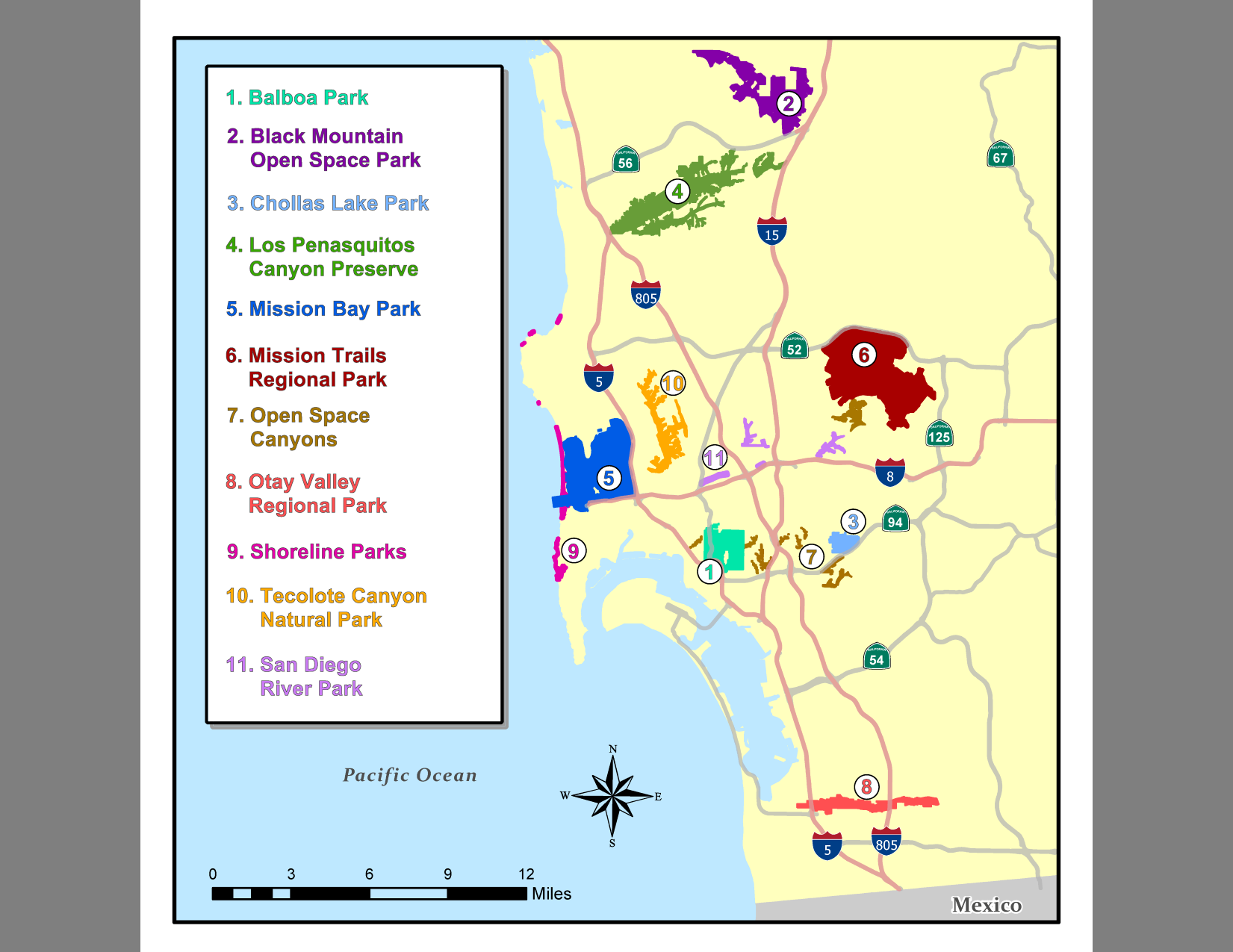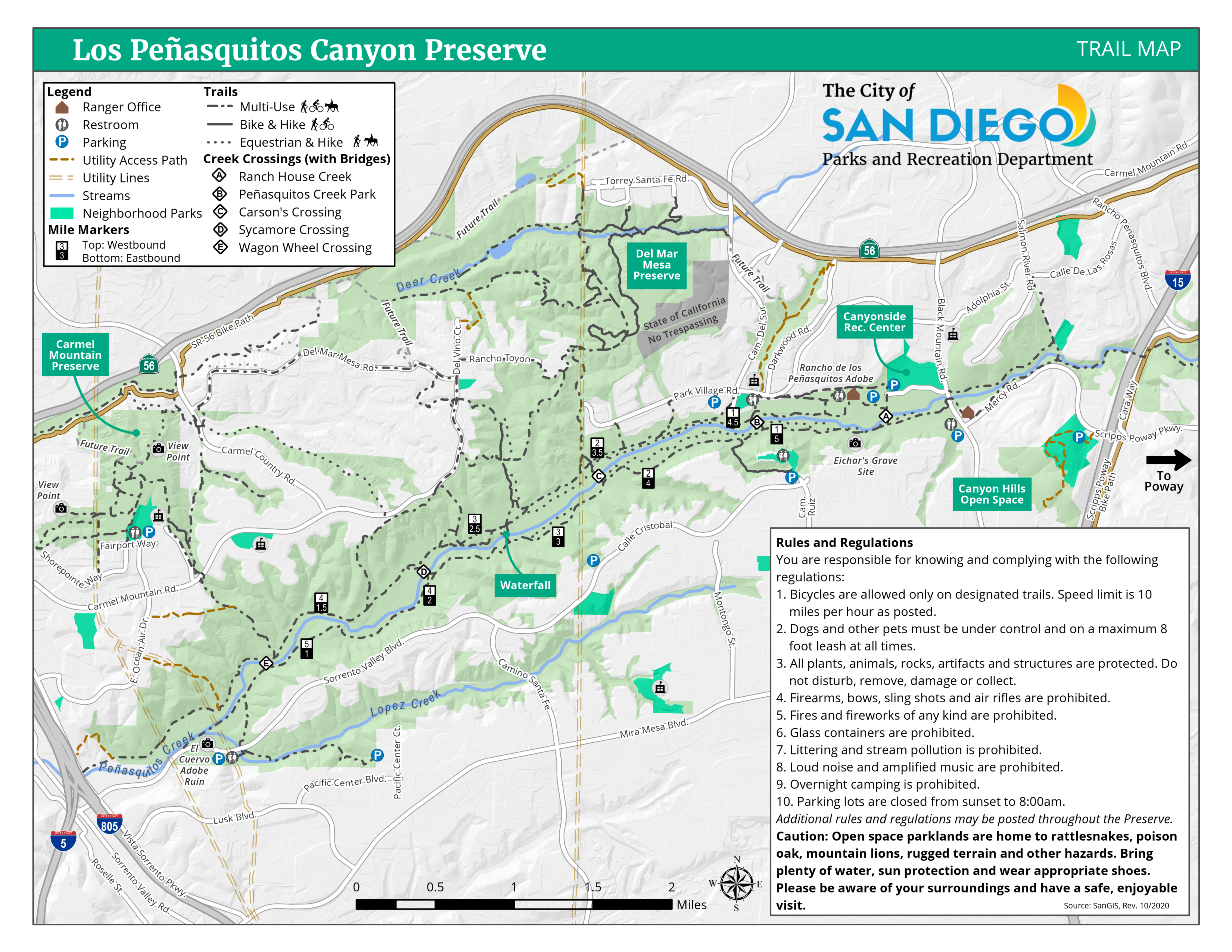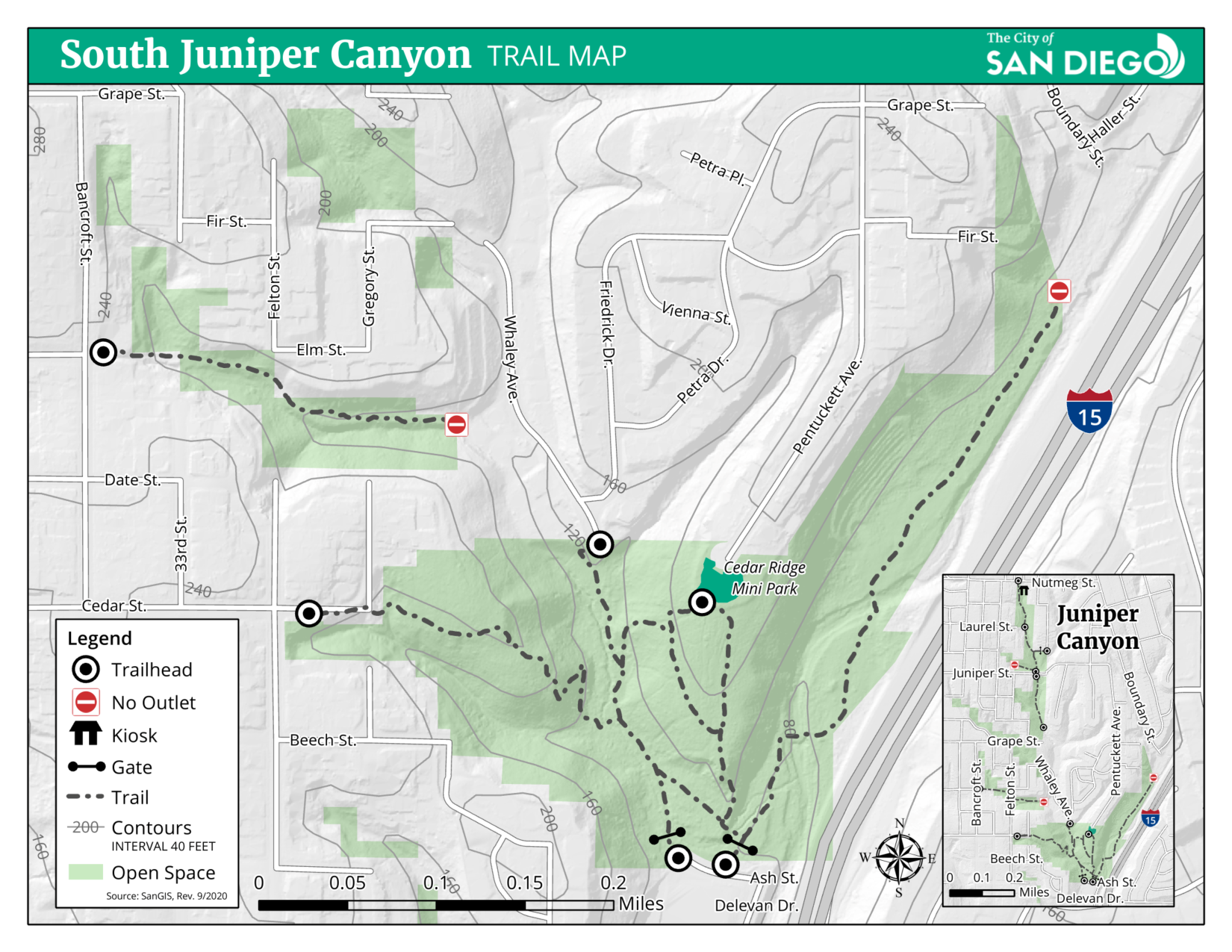 Research
Research
Data Ethics
2021 - Present
Mobile location data, gathered from smartphones and other location-enabled devices, offers valuable insights into human mobility across space and time. While widely used in fields like epidemiology and emergency management, these datasets often carry demographic and socioeconomic biases that are underexamined and rarely addressed.
My research explores these biases in commercial mobility datasets (e.g., Advan, Cuebiq) and develops guidelines for ethical, equity-centered data practices across diverse applications.
Embury, J., Nara, A., Dodge, S. (In preparation). Bias in Motion: Unpacking the Sociodemographic Gaps in Mobile Location Data.
Embury, J., Nara, A., Rey, S., Tsou, M. H., & Ghanipoor Machiani, S. (2024). Detecting synthetic population bias using a spatially-oriented framework and independent validation data. International Journal of Geographical Information Science, 38(9), 1912–1938. https://doi.org/10.1080/13658816.2024.2358399
Community Health & Wellness
2020 - Present
I believe everyone deserves access to quality healthcare and nutritious food.
Food & Nutrition Security
Since 2021, I’ve supported BrightSide Produce with spatial analysis and decision-making tools that help expand access to affordable, culturally relevant fruits and vegetables in underserved San Diego communities. My work helps identify food access gaps and ensure that fresh produce reaches the neighborhoods that need it most.
Curious about how I approach this? I walk through my process in this quick 2-minute overview:
Health Equity
During the COVID-19 pandemic, I collaborated with the Center for Human Dynamics in the Mobile Age at SDSU to track local infection rates and health outcomes. Our work focused on making data accessible and actionable—helping communities stay informed through timely, location-based insights.
Tsou, M. H., Xu, J., Lin, C. D., Daniels, M., Embury, J., Park, J., … Gibbons, J. (2023). Analyzing Spatial-Temporal Impacts of Neighborhood Socioeconomic Status Variables on COVID-19 Outbreaks as Potential Social Determinants of Health. Annals of the American Association of Geographers, 113(4), 891–912. https://doi.org/10.1080/24694452.2022.2149460
Embury, J., Tsou, M.-H., Nara, A., Oren, E. (2022). A Spatio-Demographic Perspective on the Role of Social Determinants of Health and Chronic Disease in Determining a Population’s Vulnerability to COVID-19. Preventing Chronic Disease, 19, 210414. http://dx.doi.org/10.5888/pcd19.210414
Lowery, B. C., Swayne, M. R., Castro, I., Embury, J. (2022). Mapping EBT Store Closures During the COVID-19 Pandemic in a Low-Income, Food-Insecure Community in San Diego. Preventing Chronic Disease, 19, 210410. http://dx.doi.org/10.5888/pcd19.210410
Education & Workforce Inclusion
2021-2024
Encoding Geography Research-Practice Partnership (RPP)
As a team of geography and computer science educators and researchers, we aimed to inspire students from diverse backgrounds to explore spatial and computational thinking.
To address gaps in the geocomputational workforce, we conducted research to better understand existing barriers and opportunities. Drawing from these insights, we co-developed community-based geocomputation lessons and evaluated their impact on secondary students’ perceptions of geography and computer science—highlighting new pathways for engagement and equity in geocomputation education.
Embury, J., Nara, A., León, K., Herman, T., Rey, S., Solem, M. (2025). Assessing the effects of geocomputation lessons on secondary school students’ perceptions of geography and computer science. Annals of the American Association of Geographers, 1-25. https://doi.org/10.1080/24694452.2025.2569516
Nara, A., Embury, J., Velasco, M., Russell, R., Magdy, A., & Dony, C. C. (2025). Preparing for a Career at the Intersection of Geography and Computing: Availability and Access to Training Along Geocomputational Career Pathways. The Professional Geographer, 1–29. https://doi.org/10.1080/00330124.2024.2404911
Embury, J., and Nara, A. (2022, November 10). Closing the Gap between Curriculum and the Professional Realities of the Geospatial Technology Industry. American Association of Geographers Newsletter. https://doi.org/10.14433/2017.0122
 Research
Research

